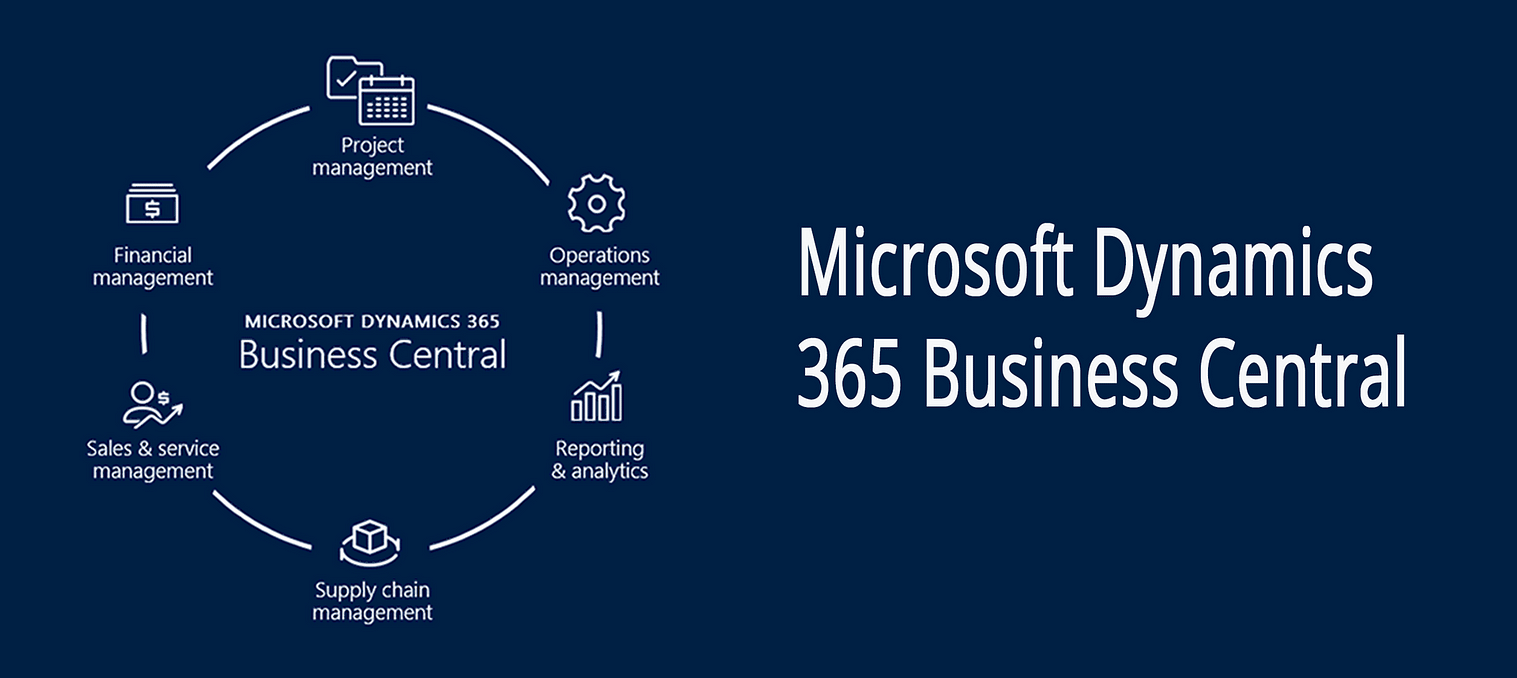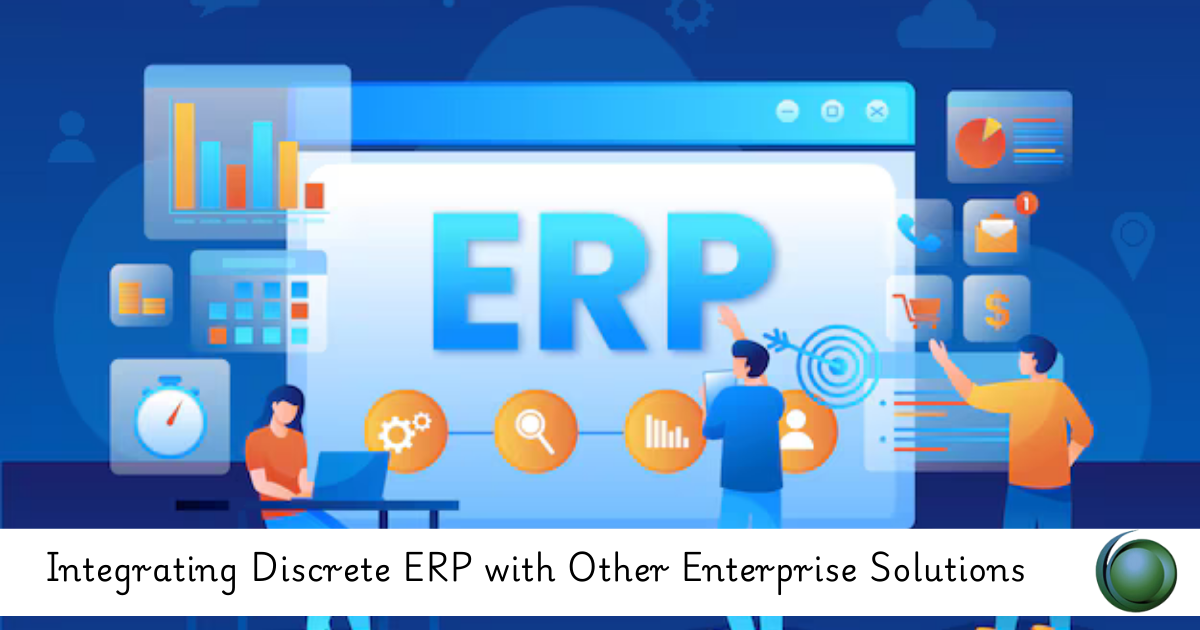Description
Introduction
Project managers play a critical role in ensuring successful project execution, and SAP Project System (SAP PS) provides a comprehensive framework to manage projects efficiently within SAP ERP. With its robust capabilities in structuring projects, allocating resources, tracking progress, and managing costs, SAP PS enables project managers to oversee every aspect of project lifecycles.
This course is designed to help project managers harness SAP PS to improve project planning and execution. Participants will learn how to define project structures, set up work breakdown structures (WBS), manage resources, monitor project progress, and integrate SAP PS with financial and logistical modules. By mastering these concepts, project managers can enhance operational efficiency, ensure better project control, and achieve organizational goals successfully.
Prerequisites
-
Basic understanding of project management principles.
-
Familiarity with SAP ERP systems (helpful but not required).
-
No prior experience with SAP PS is necessary.
Table of Contents
1. Introduction to SAP PS for Project Managers
1.1 Overview of SAP PS and Its Role in Project Management
1.2 Key Features and Benefits of SAP PS
1.3 Integration with Other SAP Modules (FI, CO, MM, SD, PP)
1.4 SAP PS User Interface and Navigation
2. Project Structuring in SAP PS
2.1 Defining Work Breakdown Structures (WBS)
2.2 Configuring Networks, Activities, and Milestones
2.3 Project Profiles and Master Data Setup
2.4 Managing Dependencies and Constraints
3. Planning and Resource Allocation
3.1 Budgeting and Cost Planning in SAP PS
3.2 Assigning Resources and Managing Capacities
3.3 Scheduling Techniques and Timelines
3.4 Automating Planning Processes with SAP Tools
4. Executing and Monitoring Projects
4.1 Tracking Project Progress and Key Metrics
4.2 Managing Resource Conflicts and Adjustments
4.3 Handling Change Management and Approvals
4.4 Setting Up Alerts and Notifications
5. Financial Management and Cost Control
5.1 Cost Elements and Financial Tracking in SAP PS
5.2 Revenue Recognition and Profitability Analysis
5.3 Integration with SAP FI/CO for Financial Management
5.4 Managing Project Payments and Invoices
6. Risk Management and Compliance
6.1 Identifying and Managing Project Risks
6.2 Compliance and Audit Considerations in SAP PS
6.3 Controlling Change Requests and Approvals
6.4 Governance Best Practices for SAP PS
7. Reporting and Analytics for Project Decisions
7.1 Standard Reports and Custom Reporting in SAP PS
7.2 Performance Dashboards and KPIs
7.3 Using SAP Business Intelligence (BI) for Insights
7.4 Automating Reports for Real-Time Decision-Making
8. Best Practices and Real-World Applications
8.1 Case Studies on Successful SAP PS Implementations
8.2 Lessons Learned from Common Project Challenges
8.3 Continuous Improvement Strategies for Project Managers
8.4 Future Trends in SAP PS and Project Management
Conclusion
SAP PS equips project managers with the essential tools to streamline project execution, optimize resources, and maintain financial control. By leveraging SAP PS effectively, organizations can enhance collaboration, minimize risks, and drive project success.
This training empowers project managers to navigate SAP PS with confidence, ensuring projects are delivered on time and within budget. With best practices and real-world applications, participants will gain the expertise needed to lead projects efficiently and contribute to organizational growth.







Reviews
There are no reviews yet.